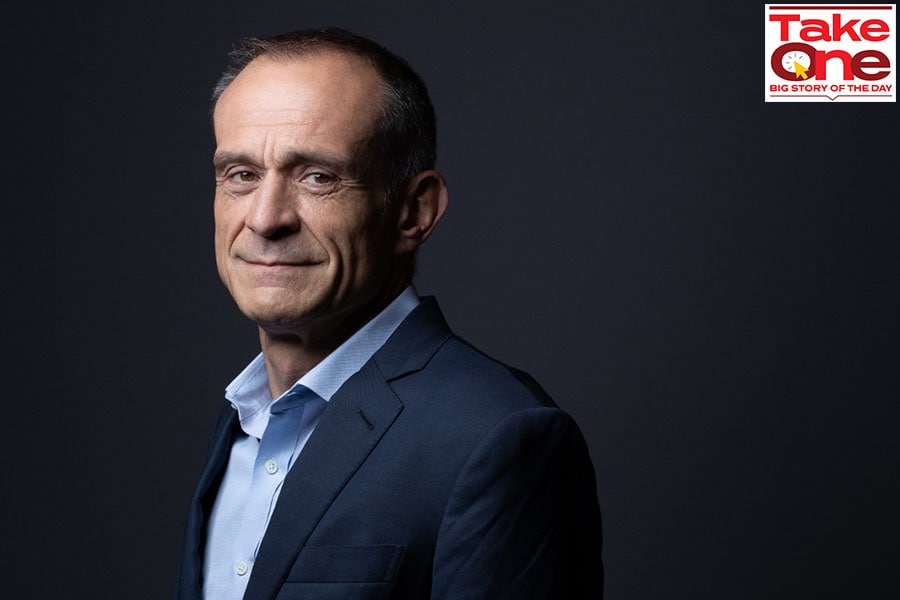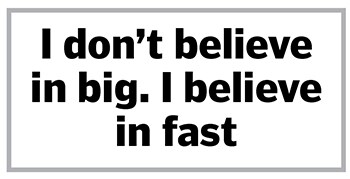
Exclusive: 'I'm neither optimistic, nor pessimistic. I'm activistic': Jean-Pascal Tricoire
The chairman and CEO of Schneider Electric on the estimated Rs1,400 crore investment the company is making to set up factories in India, the importance of empowering local teams, and lessons from his long career
 Chief Executive Officer of French electrical equipment giant Schneider Electric, Jean-Pascal Tricoire
Image: Joel Saget / AFP
Chief Executive Officer of French electrical equipment giant Schneider Electric, Jean-Pascal Tricoire
Image: Joel Saget / AFP
Jean-Pascal Tricoire loves verbs. Though in power (a noun) for almost 20 years—he became COO of Schneider Electric in 2003, and three years later was elevated as chairman and CEO—the 59-year-old Frenchman prefers to talk about what has powered (a verb) him for so long rather than a moniker, laced with power, that is used to refer to him.
“I don’t know who called me Napoleon,” smiles Tricoire, alluding to the term ‘Napoleon running Schneider’ used in the global media and among the investor community for his alleged reputation to control every decision. “I actually encourage people. I believe in people,” reckons the CEO, who joined Schneider Electric in 1986, was at the forefront of digital automation and energy management at the French automation and software giant, and is stepping down as CEO this year. “Great people make a great company,” he says. “And I don't think that great people obey discipline,” adds Tricoire, who first came to India in 1993 as a backpacker.
Three decades later, Tricoire—who is addressed as ‘JPT’ by his Indian colleagues—reckons that India is at an inflection point in terms of economy. “It is on its way to become one of the top three, if not top two, economies in the world,” he says.

Under Tricoire’s leadership, Schneider Electric has tripled in size, has expanded exponentially overseas, including China, India and the US; and back home in India, it has emerged as the biggest country for the French major in headcount, and third-largest in revenue. The CEO, who does not have a designated cabin in office, says he learns “on the field” and does not have a passion for corporate activity because it can “isolate you from reality”.








 Q. What has worked for you in India? How did you crack the Indian market?
Q. What has worked for you in India? How did you crack the Indian market? 





